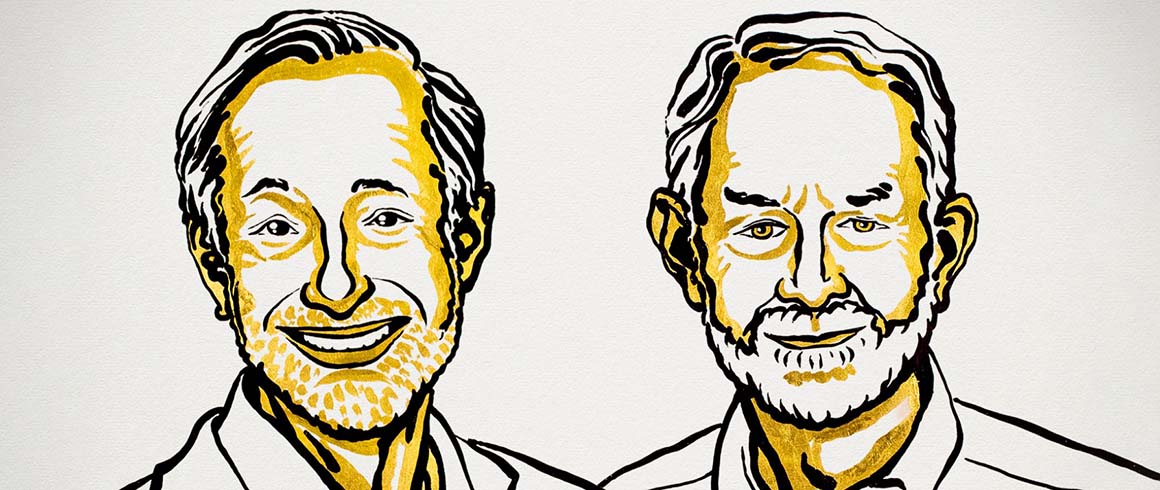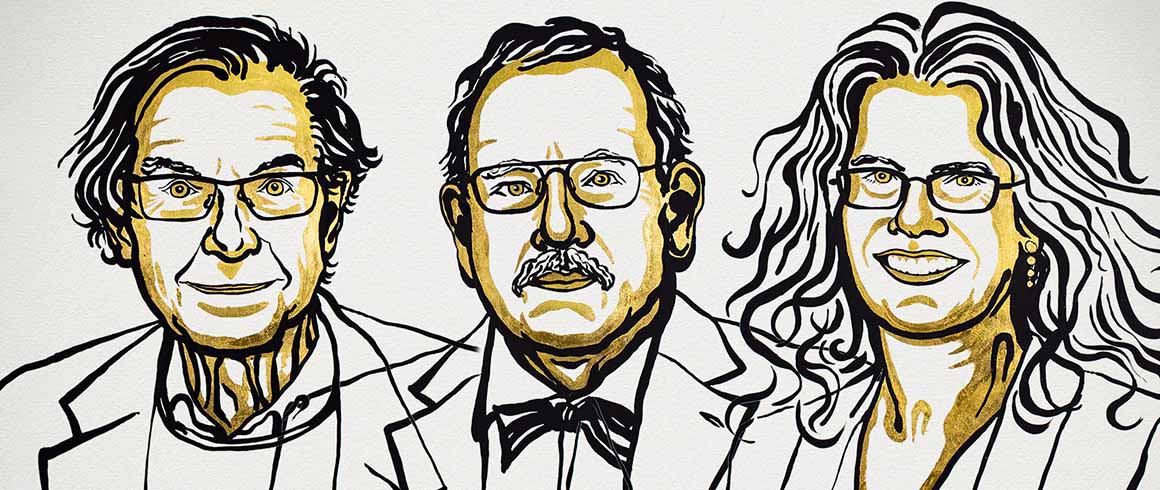The prestigious Nobel Prize was established in 1901 so 2020 marks its 119th edition. The Nobel Prizes in the categories of Medicine or Physiology, Physics, Chemistry, Literature, Peace and Economics are respectively announced from 5 to 12 October. CattolicaNews publishes opinions from the University’s professors regarding these prestigious international awards, attributed to laureates who have distinguished themselves in the various fields of human knowledge and who have benefited humanity with their research.
Luca Colombo, Professor of Political Economics at the Faculty of Economics of Università Cattolica, Campus of Milan, comments on the Nobel Prize in Economic Sciences that was awarded today to the two American economists Paul R. Milgrom and Robert B. Wilson of Stanford University for their studies on auction theory.
"This year's Nobel Prize in Economic Sciences was not unexpected at all. Paul Milgrom and Robert Wilson have made important contributions to auction theory which have had significant practical outcomes," said Luca Colombo. “In the 1990s, they jointly conceived the auction protocol used by the FCC for the allocation of mobile phone frequencies.
In particular, in 2016 Milgrom designed the auction mechanism which was then used to reallocate radio and TV frequencies to broadband, while Wilson developed auction models in various sectors such as electricity, gas, and telecommunications. These are mechanisms that come into our everyday life: think of eBay where transactions are often defined by auction mechanisms."
"The two Nobel prize-laureates studied how auctions can efficiently aggregate the private information available to the different bidders and explained how to deal with situations where there is interaction between the bidders’ evaluations,” Professor Colombo explained.“Moreover, they are leading exponents of a group of economists who have contributed to redefine research in different fields of applied microeconomics, such as industrial economics, using the typical tools of the game theory and information economics."




